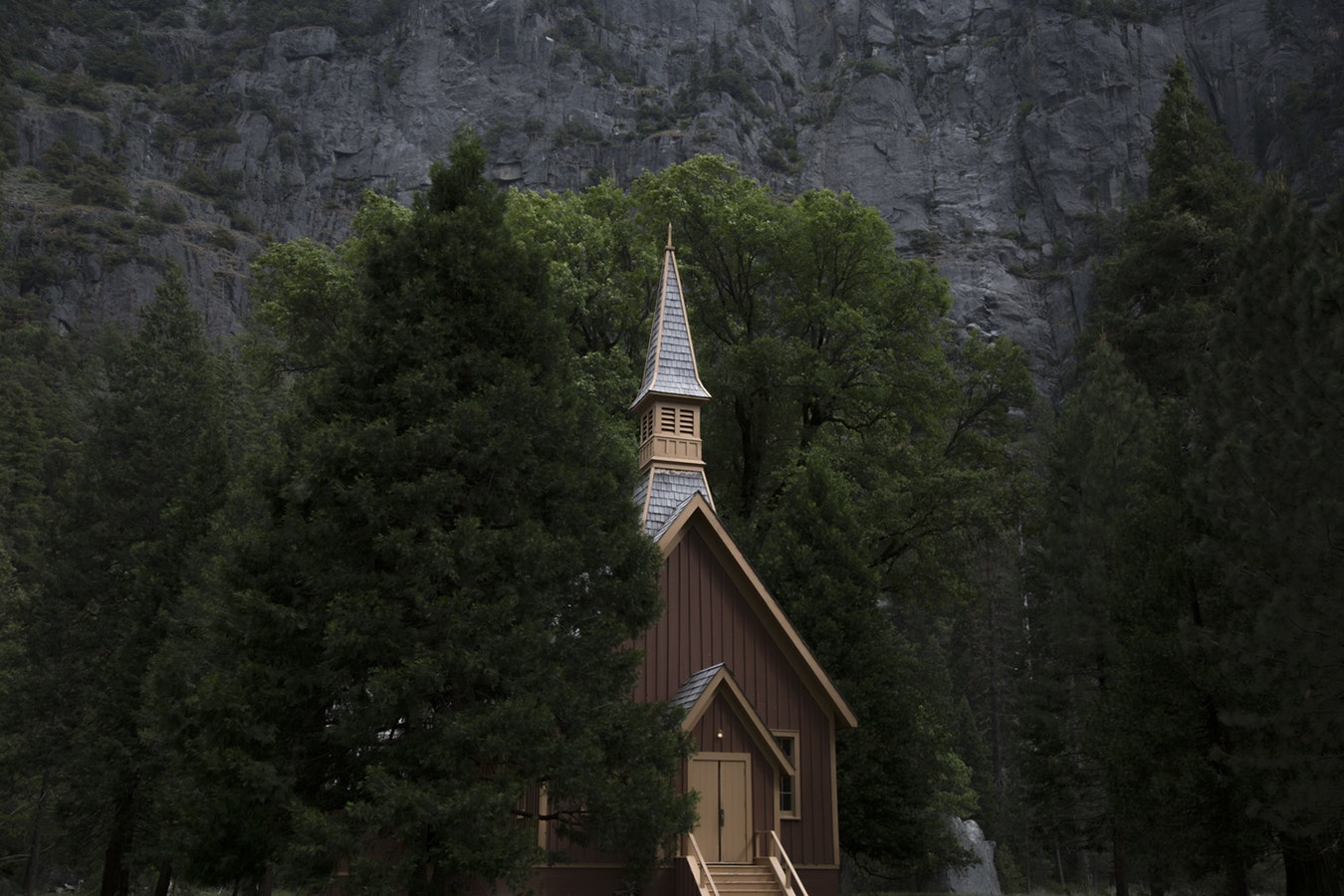The Story of the Church

Try as hard as they will, society and culture cannot ignore the Church. Statistics report that 43 percent of Americans and 20 percent of Canadians attend church at least once weekly. The Gallup Poll has repeatedly questioned, "How important would you say religion is in your own life: very important, fairly important, or not very important?" The responses over the years appear to have reached an almost static level with 56 percent answering "very important," since 1980.
At another level, however, another Gallup Poll question raises serious concerns about the impact of the gospel message in individuals' lives: "How important is religion in your daily life?" An astonishing 72 percent say it is somewhat to extremely important.
In one sense, it's as though the words of writer and controversial comedian Lenny Bruce have been fulfilled: "Every day people are straying away from the church and going back to God." The "real" numbers behind weekly church attendance may be slipping, but the impact of religion seems to be relatively undiminished.
The subtlety of the second Gallup question when compared to the language of the first question reveals an interesting detail. The respondent was asked to consider the overall importance of religion in life, and then was asked to reveal the overall importance of religion in his or her everyday life. This is the point at which the contents of this issue of Holiness Today interface with these concerns.
Nazarenes not only believe in faithful attendance upon the means of grace and the regular fellowship, worship, and learning associated with church attendance—they also believe in being involved. In simple terms, their relationship with God does more than just inform the cognitive perspectives of their lives. Their religion has legs, arms, hands, and feet!
In this issue of Holiness Today, Hans Deventer's article offers a testimony to self-effacing love. Deventer gets it right: The only ground of our being is God's unconditional love to us. Only it will survive. God's amazing love never fails us on our journey of life.
Furthermore, Shirley Pieratt's story reminds us that the unseen God is our partner and resource even when we are facing the giants in our lives. This conviction and experience is what transforms the essence of religion from form into substance. While Nazarenes clearly believe that our salvation rests upon the grace of God extended to us through His Son, Jesus Christ, we recognize a contingent strand of responsibility.
General Secretary David Wilson writes of the disciplines that can accompany our walk in God's love. Such disciplines have enormous potential to enrich and energize our devotion, discipleship, and service to God. Along this line, Bridget Willard's statement rings true: "Church isn't where you meet. Church isn't a building. Church is what you do. Church is who you are. Church is the human outworking of the person of Jesus Christ. Let's not go to church, let's be the Church."
To reflect on these statements is to consider the radicalizing possibilities of true religion. David Middendorf was drawn into the very vortex of radical grace. His story reveals the risks of developing an intimate walk with the Lord. According to Middendorf, it may shake up your world and change your perspective forever.
Thankfully, in the Church of the Nazarene, we regularly hear the great stories of radical grace.
Thank you for your patience during our latest design refreshing and upgrade. We know this issue will arrive a bit later than usual, and we believe the changes will be well worth the wait. This is all a part of our commitment to bring you a magazine that effectively communicates the mission and fellowship of the Church of the Nazarene.
David J. Felter, editor in chief
Holiness Today, January/February 2008
Please note: This article was originally published in 2008. All facts, figures, and titles were accurate to the best of our knowledge at that time but may have since changed.




